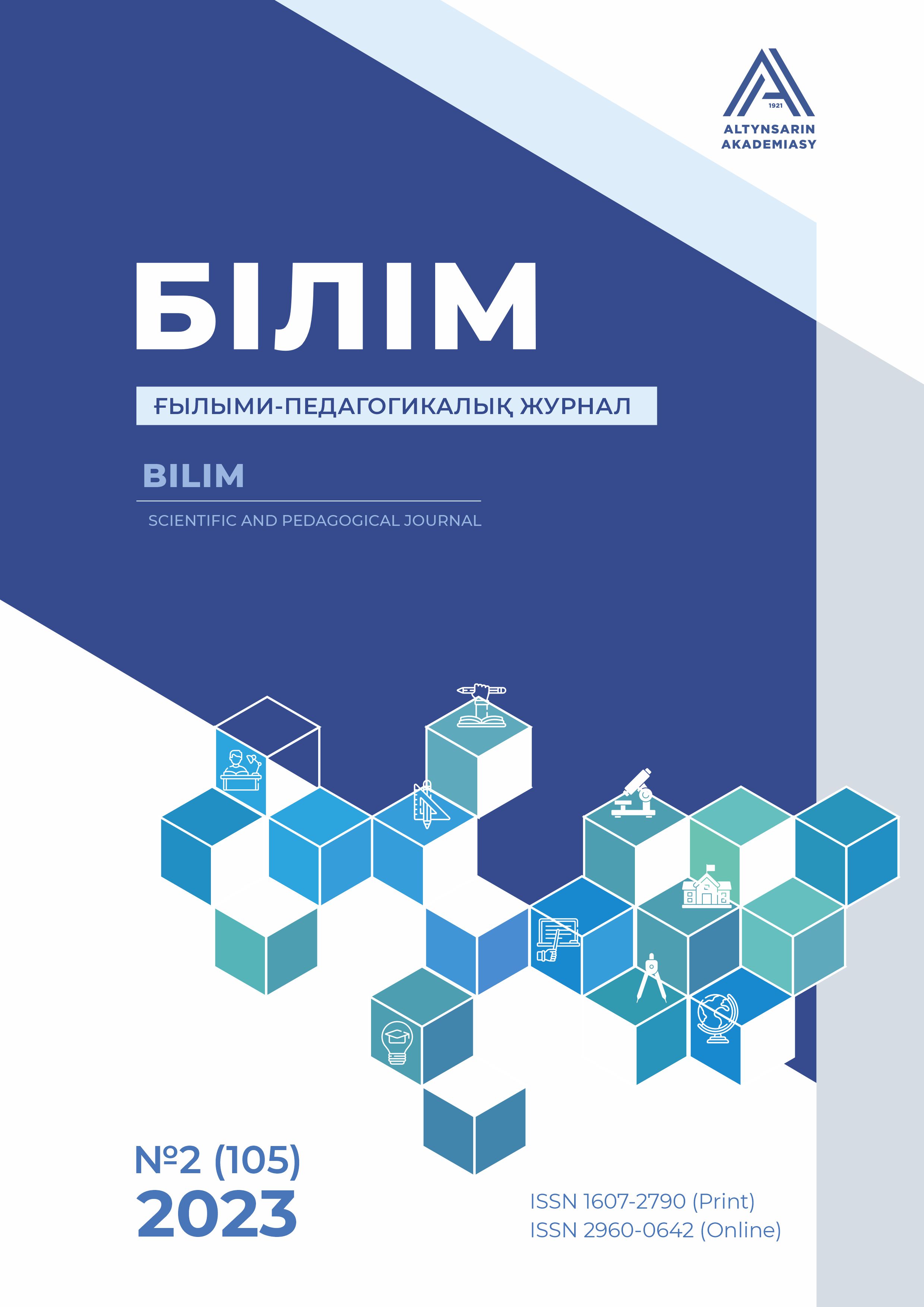Кездейсоқ процесс ретінде білім беру оқиғасының сенімділігінің математикалық моделі
##plugins.pubIds.doi.readerDisplayName##:
https://doi.org/10.59941/2960-0642-2023-2-55-59Түйінді сөздер:
сенімділік теориясы, кездейсоқ процесс, жүйенің істен шығу қарқындылығы, жұмыс күйі, істен шығу күйіАннотация
Бұл мақалада білім берудің сенімділік модельдерінде ықтималдық теориясын қолдану қарастырылады, атап айтқанда, уақыт өте келе оқиғалардың дамуына назар аударылады. Монотонды емес модельдерді қолдану әр түрлі факторлардың әсерінен білім беру процесінің соңғы нәтижелерін білдіретін уақытқа қатысты монотонды емес мінез-құлықты көрсететін кездейсоқ шамаларды енгізеді. Мақалада білім беру жүйелерінің сенімділігін талдау үшін логикалық-ықтималдық әдісі қолданылады. Білім беру оқиғаларының математикалық параметрлері мен шешімдері анықталады, осы оқиғаларды ғылыми талдауға модель жасалады. Мақалада брондау жүйесі мен пуассондық сәтсіздіктер ағындары бар тапсырма моделі берілген. Жүйе негізгі элемент пен резервтерден тұрады, олардың істен шығу және белсендіру процестері сипатталған. Сонымен қатар, мақалада логикалық алгебра мен логикалық пайымдауды қолдана отырып, жүйенің сенімділігінің математикалық моделі келтірілген. Жүйенің сенімділігі оның элементтерінің күйлеріне байланысты логикалық функция түрінде көрінеді. Мақаланың қорытындысы білім беру жүйелерін түсіну және сенімділікті қамтамасыз ету үшін математикалық модельдеу мен талдаудың маңыздылығын көрсетеді.
 ҚАЗ
ҚАЗ РУС
РУС ENG
ENG
